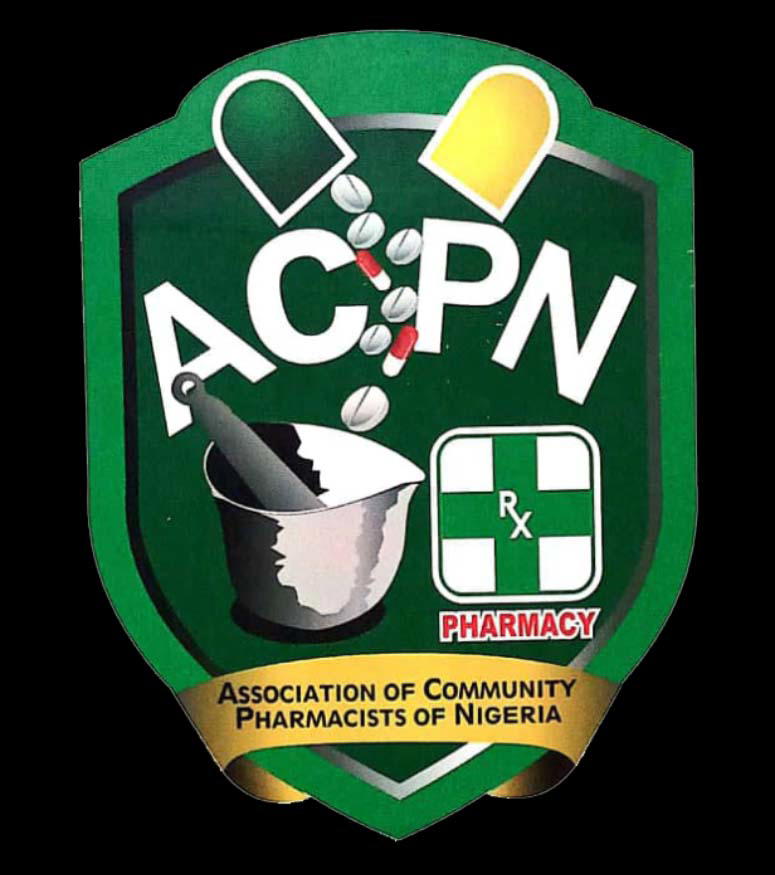Bridge gaps in Nigerian healthcare with technology, pharmacists told

By Chioma Obinna
As the Association of Community Pharmacists of Nigeria, ACPN, gathers for its 44th Annual International Scientific Conference in Awka, a critical call has been made to address persistent challenges within the Nigerian healthcare ecosystem. The Association of Hospital and Administrative Pharmacists of Nigeria, AHAPN, in a goodwill message, underscored the urgent need for robust technology integration and deepened inter-professional collaboration to elevate pharmacy practice to global standards.
The conference themed, “Technology Integration and Personalieed Care: The Future of Community Pharmacy Practice,” resonated deeply with AHAPN’s message, which highlights current deficiencies in pharmaceutical care delivery.
The National Chairman of AHAPN, Pharm. Elechi Oyim said, “While the concept of pharmaceutical care has a long history in Nigeria, its practical implementation, particularly in tertiary health institutions and across the community, remains significantly limited.”
Oyim pointed to several systemic issues hindering optimal pharmacy practice, including “knowledge deficits among pharmacists, inadequate practice guidelines, limited access to patient records, and a paucity of policy support.”
He stressed that the absence of a truly enabling environment hampers pharmacists’ ability to deliver comprehensive, patient-centered care.
“This conference presents a pivotal moment for community pharmacists to leverage digital tools to overcome these hurdles.
“From improving patient record access to streamlining medication management and enhancing patient counseling, technology can be a potent enabler. However, technology must not isolate us; rather, it should unite us in a stronger, interprofessional network,” Oyim asserted.
AHAPN highlighted the persistent siloing of pharmacy practice in Nigeria, stating that; “The profession cannot thrive in isolation.
Now, more than ever, ACPN and AHAPN must forge a formidable, unified front. By combining our strengths from the community frontline to the hospital wards and health administration offices we can address common challenges like the proliferation of substandard and falsified medicines, inadequate regulatory enforcement, and the severe pharmacist-to-patient ratio.” (Nigeria currently has an estimated one pharmacist per 17,000 Nigerians, a stark contrast to the WHO recommendation of at least three per 10,000).
The AHAPN chairman also touched on the broader implications of these challenges for public health.
“When pharmacists are hindered by insufficient infrastructure, limited access to essential medicines, and a lack of proper documentation systems, patient outcomes are inevitably compromised.
This conference is an opportunity to chart a course where innovation meets compassion, and where data drives decisions in the service of humanity.”
AHAPN called for action, urging the conference to “not only inspire ideas but ignite collaborations” and to “reaffirm that our collective future lies in unity, professionalism, and a common pursuit of excellence.”
The association reiterated its readiness to partner with ACPN and all stakeholders in the shared pursuit of a more responsive, resilient, and respected pharmacy profession in Nigeria.
The post Bridge gaps in Nigerian healthcare with technology, pharmacists told appeared first on Vanguard News.

 yarkarkara
yarkarkara 





